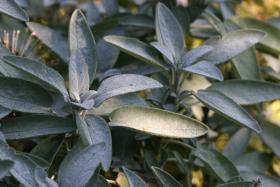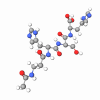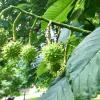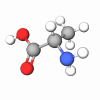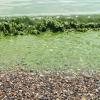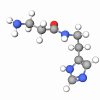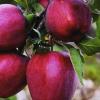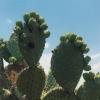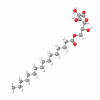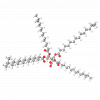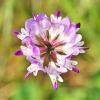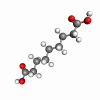Sage Dalmatian (Salvia Officinalis) oil is a fresh, warm-spicy herbaceous scent. Sage is an evergreen, shrubby, perennial herb up to 80cm high with a woody base, soft, silver, oval leaves, and a mass of deep blue or violet flowers.
Salvia Officinalis essential oil is produced by steam distillation of the dried and chopped leaves. A so-called oleoresin is also produced from the exhausted plant material.
Dalmatian Sage or common sage is a herb of ancient repute, valued as a culinary and medicinal plant, it was called a sacred herb by the Romans. It was believed to strengthen the senses and memory and be helpful for inflammations of the mouth, tongue, and throat.
It possesses properties of anti-inflammatory, antimicrobial, antioxidant, antiseptic, antispasmodic, astringent, digestive, diuretic, emmenagogue, febrifuge, hypotensive, insecticide, stomachic, laxative, and tonic. Dalmatian Sage is not recommended for aromatherapy use and should be avoided in therapeutic work altogether - Spanish sage or Clary sage are good alternatives.Salvia Officinalis is incorporated in some pharmaceutical applications such as mouthwashes, gargles, toothpaste, etc. It is also employed as a fragrance component in soaps, shampoos, detergents, antiperspirants, colognes, and perfumes.
Salvia Officinalis oil and oleoresin are used extensively for flavoring foods (mainly meat products), soft drinks, and alcoholic beverages (especially vermouth). It blends well with rosemary, lavender, rosewood, hyssop, lavender, lemon, and other citrus oils. It is an oral toxin (due to thujone). It is abortifacient, so avoid applications with Salvia Officinalis oil in pregnancy. Recommended to avoid in case of epilepsy. It is also contraindicated in cases of high blood pressure.
